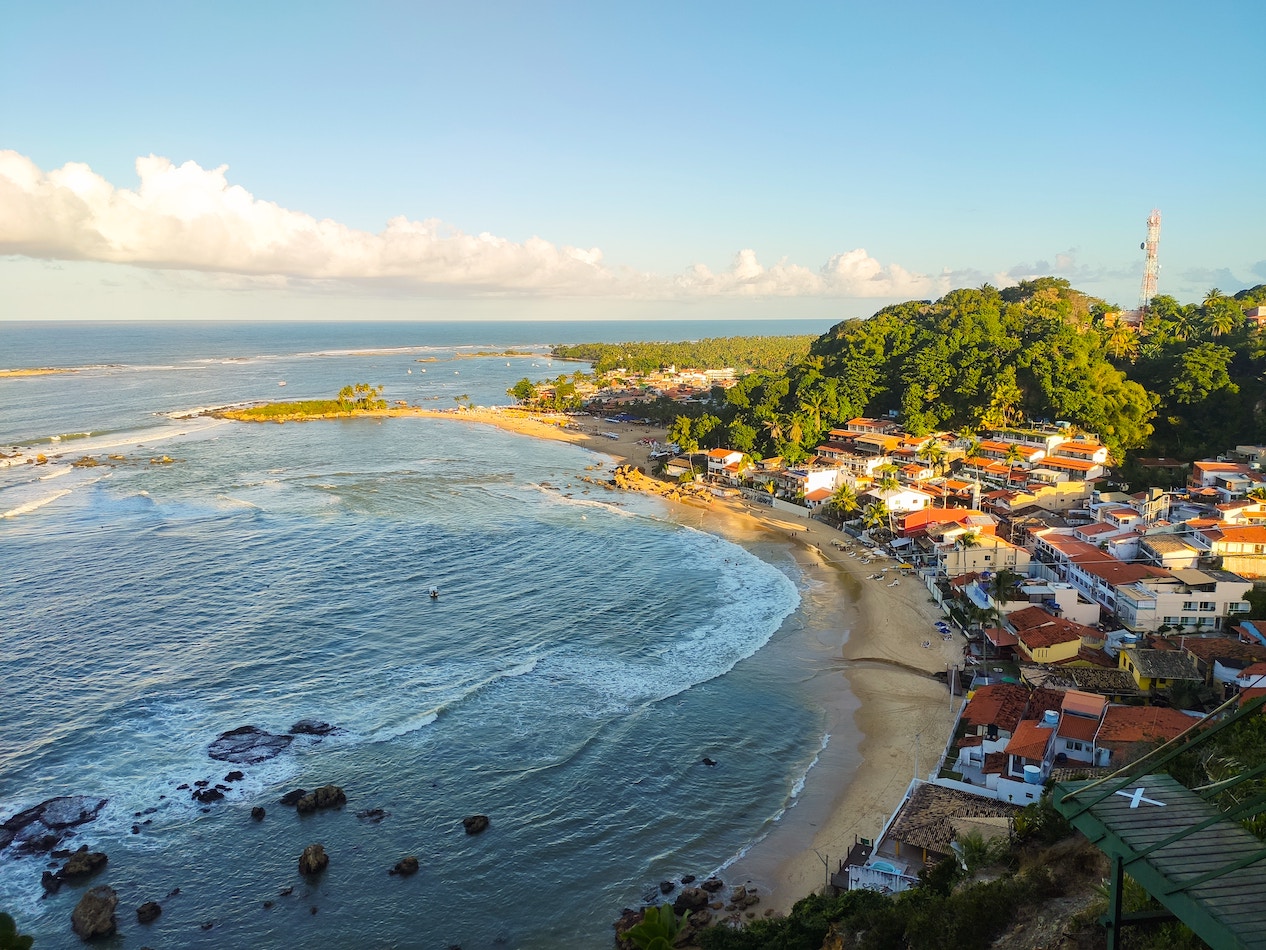Urgent need for nature-based solutions to protect Brazil’s vulnerable coastline from climate change

In a recent study published in the journal Ocean & Coastal Management, researchers Manes et al. have unveiled new information about escalating risks posed by climate change to Brazil’s extensive coastline. Revealing that nature-based solutions can significantly reduce these risks, and therefore support climate adaptation.
The study modelled climate risks in relation to natural coastal habitat. It showed that the risks to Brazil’s 8500-km coastline and its burgeoning population are more severe than previously thought. However, the study also found evidence that nature-based solutions such as protected and/or restored mangroves, wetlands, and sand dunes, which act as natural barriers against surging seas and storm events, can reduce coastal risks by a factor of 2.5.
Human activities and a lack of legal protection were identified as contributing to the degradation of these ecosystems, magnifying the areas and populations susceptible to coastal hazards. Currently, only 10% of Brazil’s coastal natural habitats are designated as protected areas, leaving coastal communities vulnerable, with insufficient defence.
The study also highlighted the need to equip local stakeholders and policymakers with the knowledge and tools for informed decision-making. Detailed habitat maps and shared models can enable collaborative efforts and help local stakeholders in the implementation of nature-based solutions.
By prioritising the conservation of natural habitats and embracing nature-based solutions, Brazil has the potential to demonstrate global leadership in coastal restoration and shoreline climate adaptation measures.
Read the paper here.
Find out more about Brazil’s coastline, mapped through satellite images, here.




